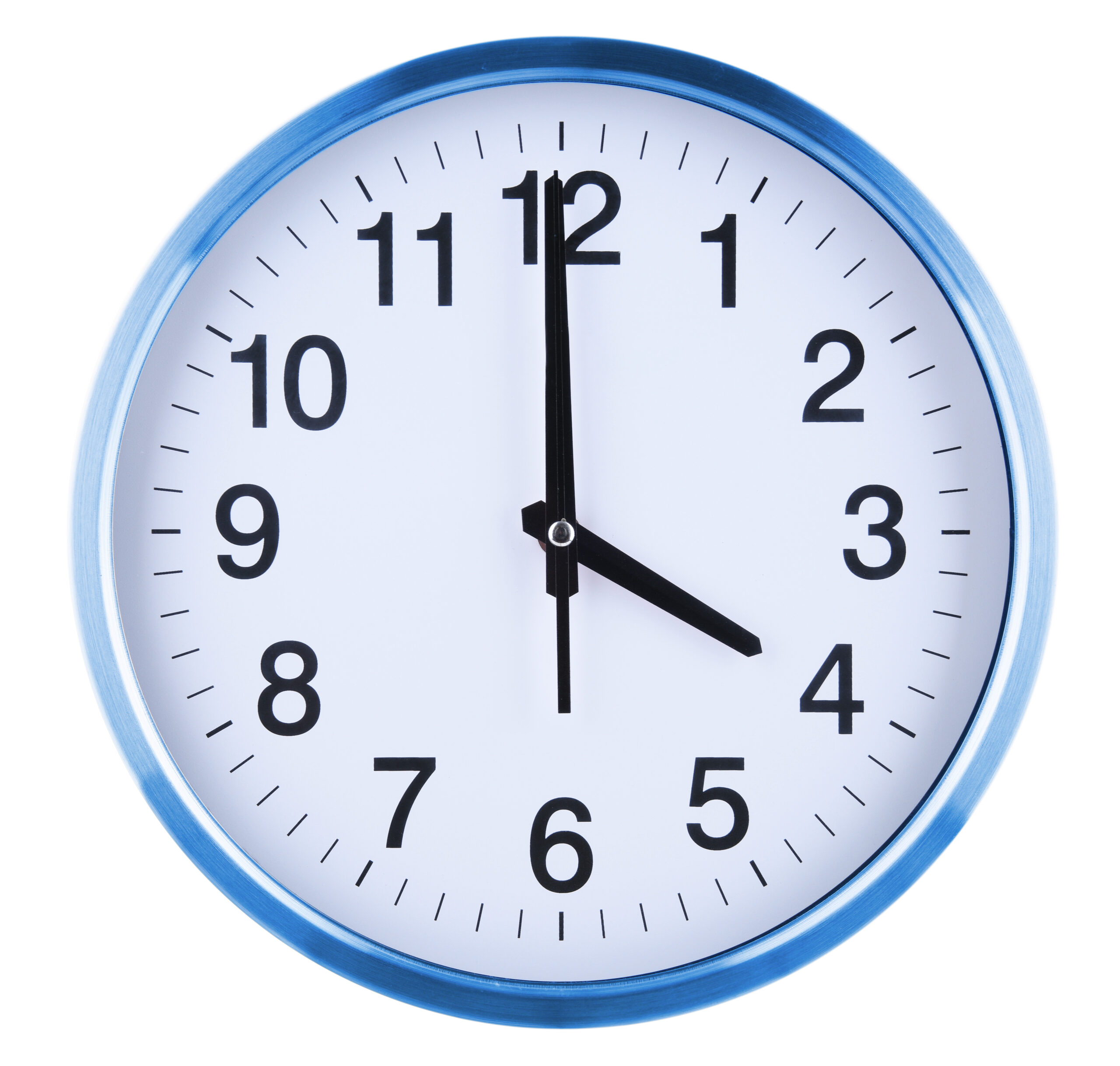Aging Strong: Strategies for Preventing Osteoporosis
Aging Strong: Strategies for Preventing Osteoporosis
Osteoporosis is a condition where bones become weak and fragile, making them more likely to break. As we get older, our bones naturally lose some density, but there are many ways to keep them strong and healthy throughout life.
**Start Early and Stay Aware**
Your bones reach their strongest point in your early 30s. After that, bone mass slowly decreases with age. That’s why it’s important to pay attention to your bone health starting in your 30s and 40s—especially if osteoporosis runs in your family. Getting regular bone density tests can help you know where you stand. Newer scans like the Echolight® test are safe and can be done more often than traditional X-rays[1].
**Eat for Strong Bones**
Calcium is the building block of strong bones. Adults generally need about 1,000 mg of calcium daily; this increases to around 1,200 mg for women over 50 and men over 70[1]. You can get calcium from dairy products like milk, yogurt, and cheese; leafy green vegetables; fish with edible bones such as sardines or salmon; plus fortified foods.
Vitamin D also plays a key role because it helps your body absorb calcium better. Spending time outside in sunlight or taking supplements if needed supports this process.
**Move Your Body Regularly**
Exercise isn’t just good for muscles—it’s great for bones too! Weight-bearing activities like walking, jogging, tennis, or aerobics put gentle stress on your bones that encourages them to stay dense[5]. Resistance exercises such as lifting weights or using resistance bands help build bone strength even more.
Balance-improving workouts like Pilates, tai chi, dancing or barre reduce the risk of falls by improving coordination[4]. Staying active consistently from young adulthood into older age slows down bone loss significantly.
**Maintain a Healthy Lifestyle**
Smoking harms bone health by lowering estrogen levels (important especially for women) and reducing how well calcium is absorbed[5]. Quitting smoking protects not only your lungs but also keeps your skeleton stronger.
Alcohol should be consumed moderately because excessive drinking can worsen osteoporosis risk[5].
Keeping a healthy weight matters too—being underweight may lead to weaker bones while being overweight increases fracture risks in certain areas like hips or spine[5].
**Medical Help When Needed**
For some people at high risk—especially postmenopausal women—hormone replacement therapy (HRT) might be recommended after discussing benefits versus risks with a doctor[5]. Medications such as bisphosphonates slow down bone loss effectively while others protect against fractures.
Regular screenings allow early detection so treatment plans can start before serious problems develop[3][5].
—
By focusing on these simple strategies — eating well for calcium intake, staying physically active with weight-bearing exercises combined with balance training, avoiding smoking and excess alcohol use — you give yourself the best chance at aging strong without osteoporosis holding you back. Starting early makes all the difference!





